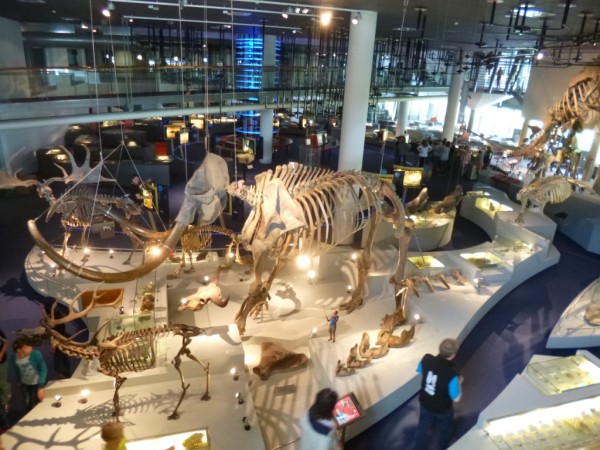My local zoo has been all over the news for all the wrong reasons this week. And it’s all because of an ice-cream deal.
Different news reports have slightly different versions of events, but I think this is a fair summary of what’s happened: Zoos SA, which runs the “traditional” zoo just outside the city centre as well as an open-range one about 40km away, had a supply deal with a local ice-cream manufacturer, Golden North. As part of that deal, Golden North had to change its practices to remove palm oil* from its products. Which they did. However, the contract is up for renewal again, and Zoos SA has opted to go with another supplier who offered them a better deal: Streets (part of the multinational Unilever). And their ice creams contain . . . you guessed it – palm oil! It’s been all over the media the last couple of days, (examples here and here), prompted online petitions, and even members of Parliament are asking “please explain” questions of the Zoos SA board. It seems a lot of bad publicity to take, just to save a bit of money on an ice cream contract.
This story has a couple of overlapping issues which is why I think it’s made such a big splash here. Firstly, the fact a local company lost out to a multinational speaks to a wider globalisation narrative and the loss of local brands and jobs at the hands of “faceless” multinational corporations. This, I believe, has acted an an amplifier for the second, more serious issue: the apparent hypocrisy of a zoo (ostensibly a conservation organisation) choosing the financial bottom line over the environmental one. It’s grist to the mill for those who believe zoos are not really committed to conservation, that it’s just a cosmetic veneer to make zoos more palatable in a more animal-aware age. It undermines any conservation messages the zoo may be trying to communicate by basically saying to their visitors and the local community at large: “sustainable practices are great, but as soon as they get too expensive or too hard, then it’s OK to go with the cheap and easy option”.
Now the palm oil issue is a lot more complicated than that, as this recent segment on the (Australian) ABC program The Checkout explains:
There is an argument that sustainably-sourced palm oil is better than many of the non-palm oil alternatives. That’s a more nuanced, harder-to-communicate message than a simple one of “palm oil = bad”. In any case, according to Zoos SA’s own press release, Unilever’s palm oil won’t be 100% from sustainable until 2020.
Zoos SA’s argument seems to be that it’s easier to effect change from “within the tent” than outside it, and they point out they are not the only zoo to sell Streets ice creams. (To be honest the list surprised me, given these zoos’ very visible campaigning against unsustainable palm oil.)
It’s an interesting case study in what can go wrong when financial decisions are made in isolation, without looking at how they may impact your wider mission and the greater social context of your audience and local community. Based on how it’s played out in the media, I think it’s fair to say that Zoos SA were caught napping on this one.
UPDATE 15/8/14: It looks like community pressure has led Zoos SA to partially revisit their decision. Now Golden North and Streets will both be sold at the zoo.
*Because of the link between palm oil production and rainforest destruction, particularly areas that are orangutan habitats, many environmental organisations run anti-palm oil campaigns (including many Australian zoos).
